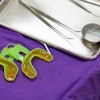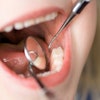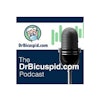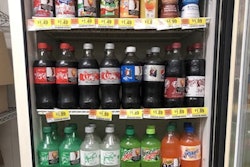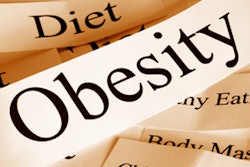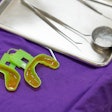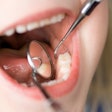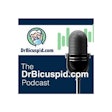Prolonged use of asthma medication may be linked to a higher presence of erosive tooth wear (ETW); therefore, children with asthma should avoid acidic drinks. The study was recently published in Clinical and Experimental Dental Research.
Furthermore, metered-dose inhalers seem to have a lesser effect on dental health compared to dry powder inhalers, the authors wrote.
“Children and adolescents should be discouraged from consuming acidic sports drinks, as these are associated with increased ETW,” wrote the authors, lead researcher Tomi Ujčič Samec of the University of Ljubljana in Slovenia and Janja Jan, also of the University of Ljubljana (Clin Exp Dent Res, May 7, 2025).
Asthma medications can reduce salivary flow, contribute to enamel dissolution upon contact, and they may increase the risk of gastroesophageal reflux disease, all potentially leading to ETW. This study aimed to assess how various asthma-related factors influence the prevalence of ETW in children with asthma.
This cross-sectional observational study included 379 children ages 6 to 17 with asthma. To participate, children needed a medically confirmed asthma diagnosis and at least one year of daily asthma medication use, they wrote.
The Basic Erosive Wear Examination (BEWE) index was used to assess the presence of ETW. Additionally, researchers gathered data on demographics, medical history, medication use, dietary habits, oral hygiene, fluoride exposure, and asthma medication details through parent questionnaires and patient medical records.
The presence of ETW was significantly higher in children who consumed acidic sports drinks, were between the ages of 12 and 17, had who had used asthma medication for more than three years or used medication in the form of dry powder inhalers. Also, these same groups had significantly higher mean total BEWE indices, they wrote.
The overall prevalence of ETW among participants was 17.2%, with a mean total BEWE score of 0.76 ± 2.12 from 31,836 surfaces assessed. Among cases of ETW, the most common BEWE score was 1 (72.4%) followed by score 2 (25.2%), while score 3 (2.3%) was rare.
However, the study had limitations. It used parental questionnaires to collect dietary data, but accuracy may be limited since children often eat outside the home, the authors added.
“Given that prolonged use of asthma medications correlates with higher rates of ETW, dentists must prioritize early detection, preventive measures, and treatment strategies aimed at mitigating ETW risks in asthmatic children,” they concluded.

